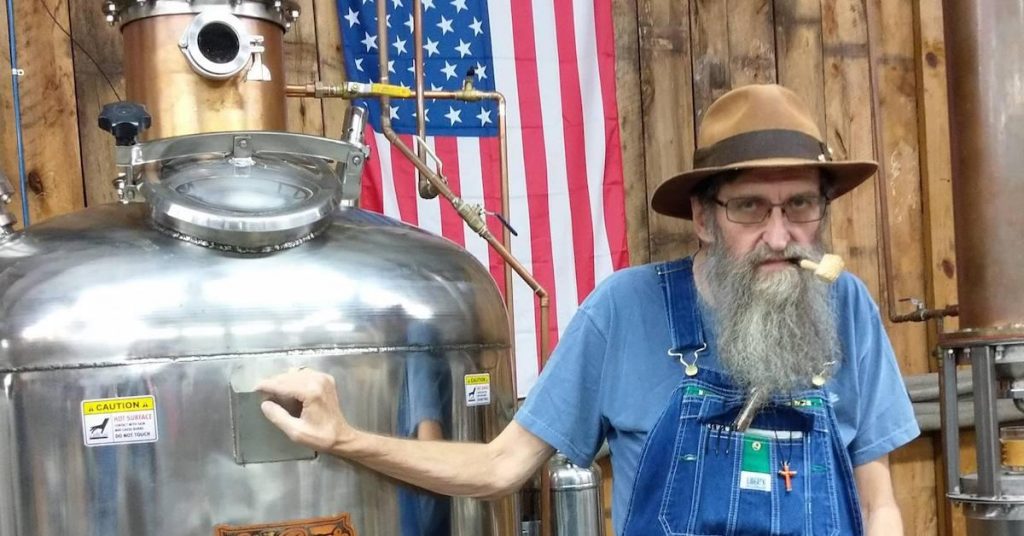At some point or another, we’ve all found ourselves listening to a seemingly endless spiel offered by a clearly knowledgeable and talkative individual who doesn’t realize that we stopped being interested 15 minutes ago. Instead of wondering at the wealth of information being offered, we probably thought, “can’t he just get to the point already?”
Droning on spouting irrelevant information is one of the kryptonites of advertising but also writing in general. The moment somebody asks themselves, “wait, why do I care about this…?” they might be gone forever.
That gets at one of the primary laws of persuasive writing…
Less is more.
But before you can even get to that point, you need what is perhaps the single most important virtue of persuasive writing…
Empathy. That is: knowledge of and compassion for your fellow man.
Even if you’ve got the best, latest, and most scientifically proven information that would solve all of the problems of the world, if you lack empathy, you won’t be able to express it in a way your audience will understand or even want to understand.
Droning about features without benefites using workplace jargon and falling into long-winded tangents will often be lost on an audience that’s not made up of people just like you. This is where “getting to the point”, or as I call it, “distilling your ideas” comes into play. An “Idea Distillery” is absolutely critical to a writer in any field if he wants to write for more than just one highly informed niche audience.

Much like distilling a heartwarming and soothing beverage in the densely wooded hills of east Tennessee, communicating ideas persuasively to your audience requires that you take what’s in your mind and boil it down into something that is useful and pleasing to their mind.
The distiller cares about what goes into the distillery (the corn, rye, sugar, etc), the consumer cares about what comes out of the distillery (whiskey), or more accurately, what the whiskey is going to do for them… In the same way, a writer has to take his story, put on his “empathy cap”, and distill those ideas into something that his readers can consume, process, and want more of.


